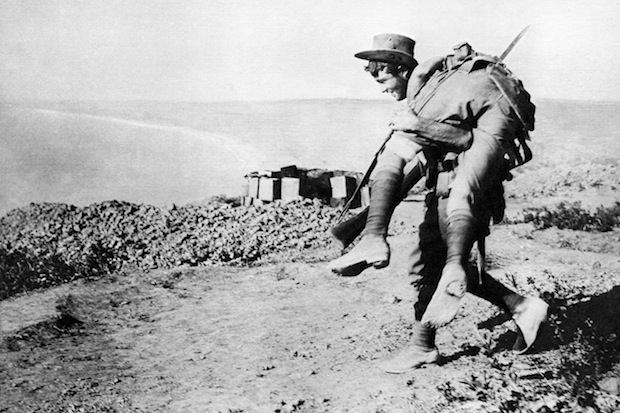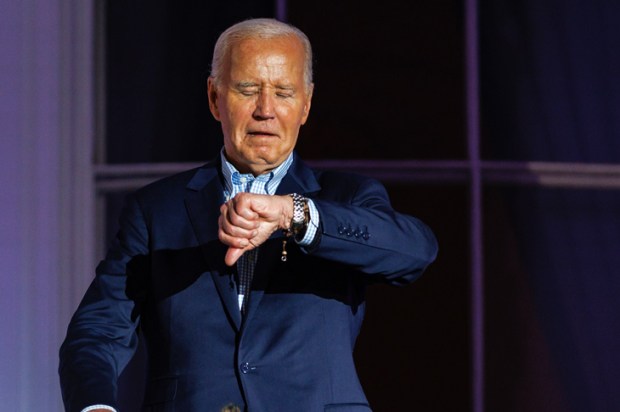For as long as I can remember I’ve wanted to visit Australia, and I’d love to see a Test match there. The last (in fact the only) time I watched every ball of a Test on site was in Barbados in March 1974 — oh God, what a long time ago that seems! — when England managed to save a tense draw after Lawrence Rowe of Jamaica had scored 302, the only triple century I’ve witnessed, for that matter.
Already a subscriber? Log in
Subscribe for just $2 a week
Try a month of The Spectator Australia absolutely free and without commitment. Not only that but – if you choose to continue – you’ll pay just $2 a week for your first year.
- Unlimited access to spectator.com.au and app
- The weekly edition on the Spectator Australia app
- Spectator podcasts and newsletters
- Full access to spectator.co.uk
Unlock this article
Geoffrey Wheatcroft’s book Le Tour: A History of the Tour de France, is available in a new edition. He is writing a study of Winston Churchill’s reputation and legacy.
You might disagree with half of it, but you’ll enjoy reading all of it. Try your first month for free, then just $2 a week for the remainder of your first year.














Comments
Don't miss out
Join the conversation with other Spectator Australia readers. Subscribe to leave a comment.
SUBSCRIBEAlready a subscriber? Log in